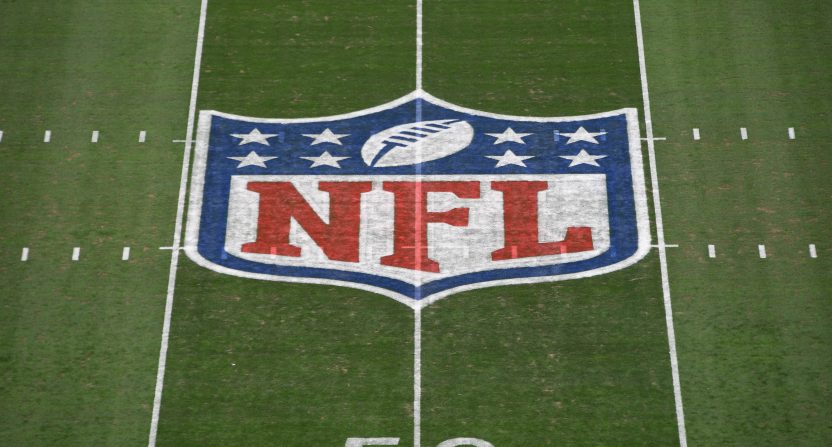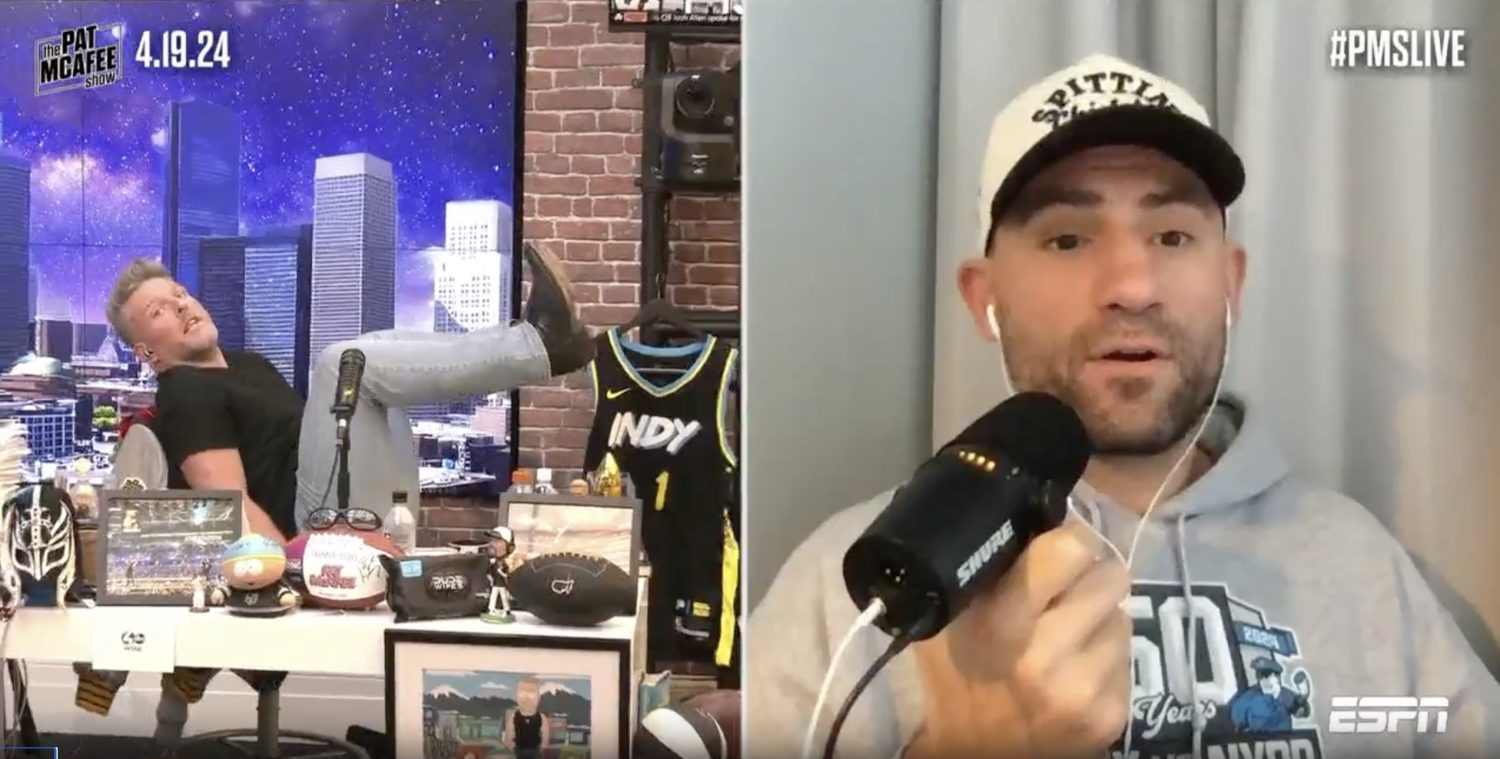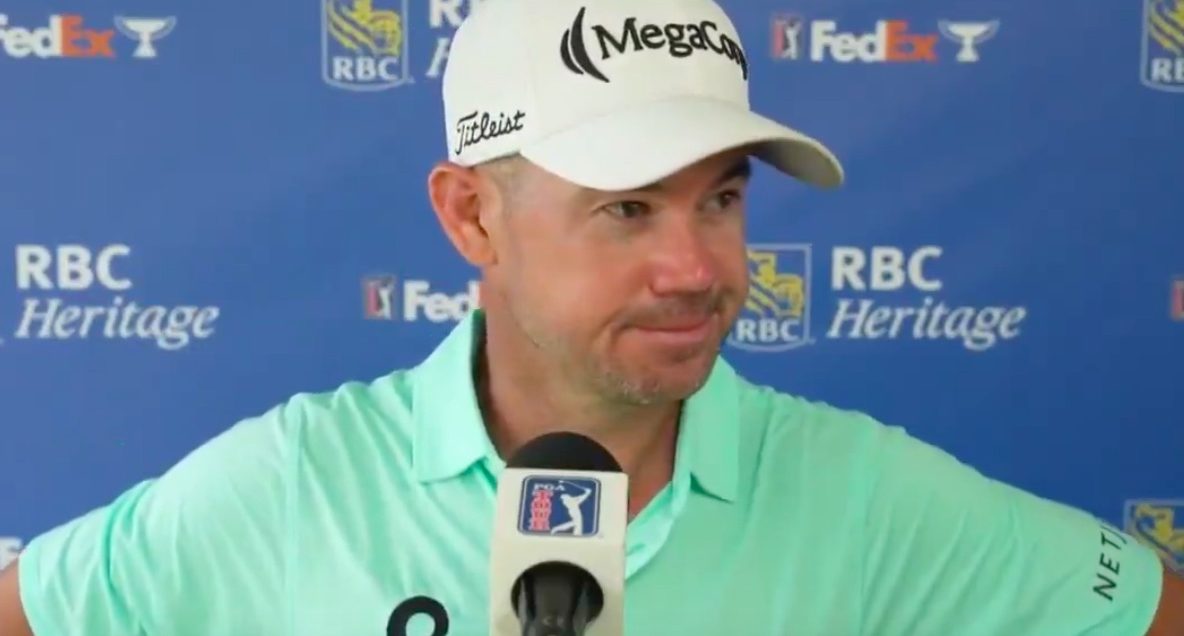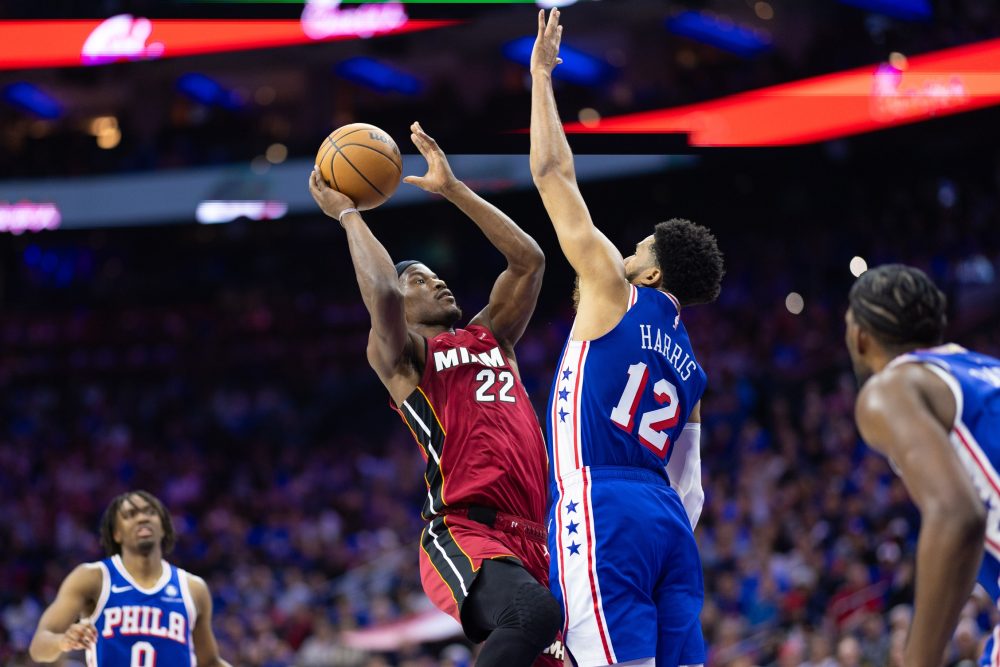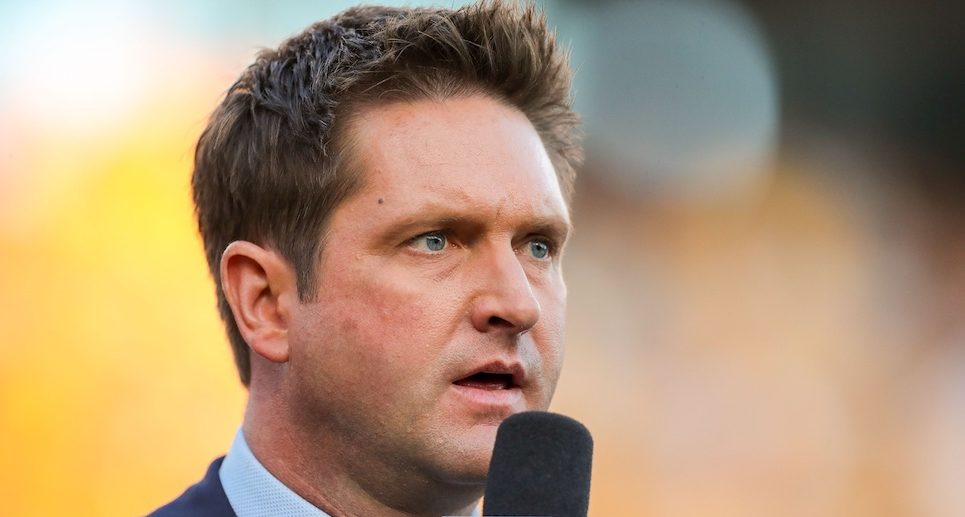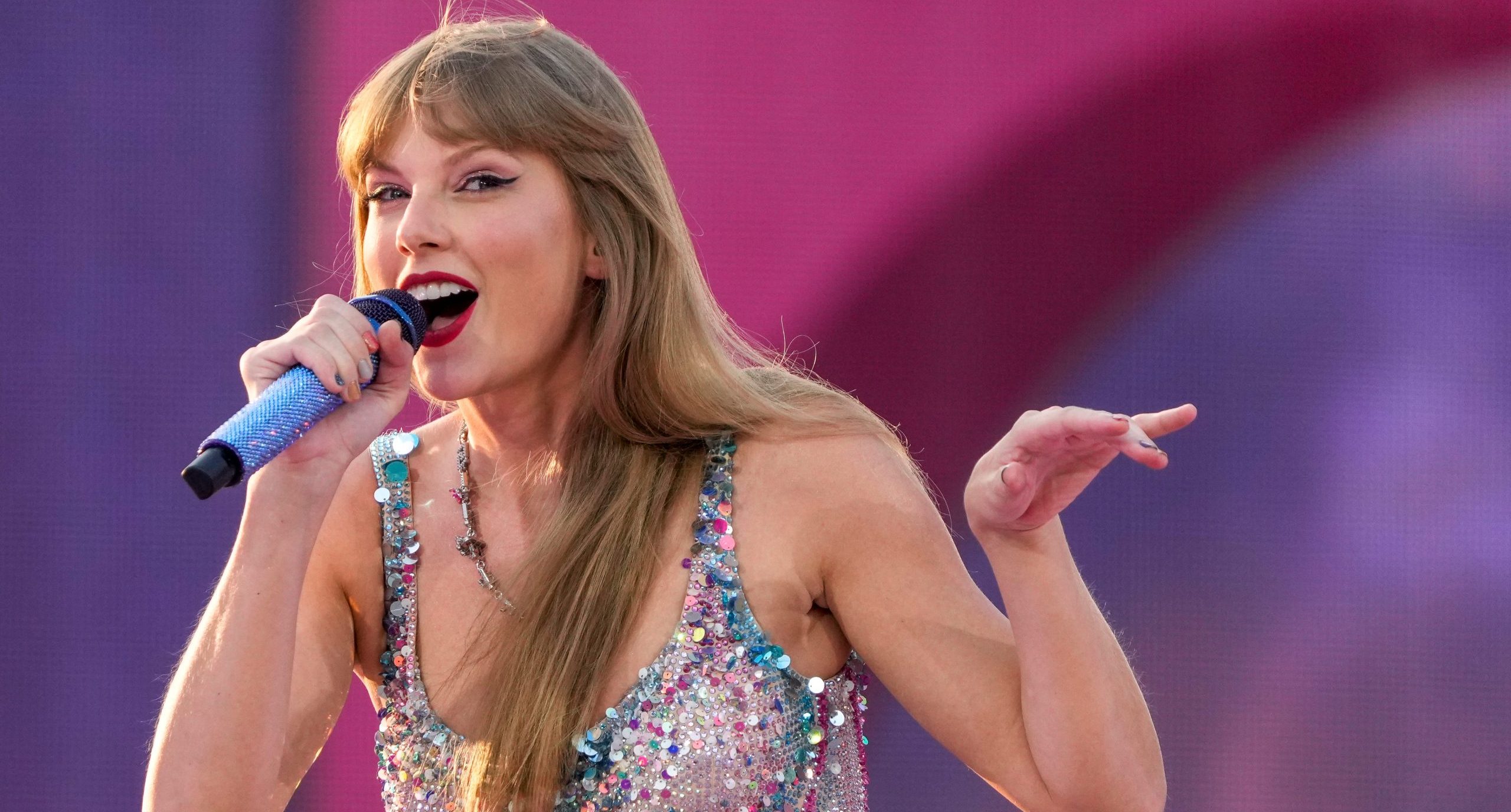There was (keyword “was”) a time where the NFL’s blackout policy made sense. It was meant to encourage people to come to the stadium and watch a game in-person because if the game didn’t sell out, everyone within the team’s home market would not receive that game and wind up getting some other game instead.
Now, with more and more options to watch games as well as the amount of access fans get both online and on TV about each NFL game, the blackout rule became antiquated. But while fans, in addition to cable and satellite companies, wanted to remove blackouts, the FCC received about 21,000 letters in 2014 from fans wanting to keep the blackout policy. One problem, those letters were mostly fake.
It wasn’t tough to figure out the vast majority of these letters were fake. For one thing, some of the names are names of various characters and obviously made up names. For instance, the FCC received letters from people named “Bilbo Baggins” and “Bilbo Bagginses” [Bilbo Baggins] (The Hobbit/Lord of the Rings), “Luke Skawalker” [Luke Skywalker] (Star Wars), “Sonny Hedgehog” [Sonic the Hedgehog], “Swim Shady” [Slim Shady/Eminem], “Egg Leg” and “A Current Resident.”
In addition, most letters had similar verbiage. Many contained language such as “I write as a football fan,” “to strongly urge you to maintain the FCC’s current broadcast rules” and “The NFL, my local community and fans like me all win when home games are sold out.”
A further investigation by the Wall Street Journal showed that while some of the names on those fake letters were real, those real people never wrote those letters and didn’t know until notified by WSJ.
The Journal sent survey invitations to 13,000 email addresses on those letters. Of the 152 who responded, 69% said they hadn’t submitted the comments attributed to them. At that rate, roughly 14,500 would be phony. The survey, conducted with survey-research firm Mercury Analytics, has a margin of error of plus or minus 8 percentage points.
An initial look at comments supporting the blackout repeal didn’t indicate similar issues with fake names or mass numbers of identical letters.
One of the pro-blackout letters was purportedly from Craig Eisele, a Brunswick, Ga., retiree who says the comment in his name made him “angry and frustrated.”
It was bad enough to be a Philadelphia Eagles fan stuck watching broadcasts of Jacksonville Jaguar games most weekends, he says. “To steal my name to promote an agenda that is not my agenda, that is insult by injury.”
…
One bears the name of California business consultant Terry Lewis, a Minnesota Vikings fan, who says he hates the blackout rule and didn’t know his email address had been used to support it. “I’m not a letter writer or a complainer, either by mail or online.”
To try and mask that these letters were fake, letters were accompanied with a cover letter written by former Pittsburgh Steeler and Pro Football Hall of Famer Lynn Swann. Swann was employed by the NFL at that time but denied he wrote the cover letter. His assistant on the other hand, noted that Swann authorized those letters to be sent with the fan letters.
Mr. Swann, now the University of Southern California’s athletic director, in an interview said he didn’t submit the letters. Later, when presented with cover letters bearing Mr. Swann’s signature, his executive assistant, Monica Morita, said Mr. Swann authorized them to accompany the fan letters.
…
Mr. Swann, a Hall of Famer famous for an acrobatic catch for the Pittsburgh Steelers in the 1976 Super Bowl, said in the interview that the NFL hired him primarily to do interviews supporting the blackout rule.
“It was a campaign, if you will, to get people to understand what was going on and how it could potentially impact them,” he said, “and see if they would agree with the NFL.”
All of this work was for naught as the FCC struck down the rule in 2014 with the NFL ending the policy in 2015.
While it’s not known who made up the majority of the emails and they claim that all the letters were “accurate and authentic,” the NFL would be the only one who would have stood to benefit from keeping the blackout rule intact. While some letters were actually authentic, the rule doesn’t really suit fans because whether it’s accessing games from an antenna or from a cable or satellite company, the blackout affects everybody in the home market despite some people claiming the opposite.
Local affiliates hated the blackout rule as well because if someone lives in Miami and find the Dolphins game is blacked out, they’re most likely complaining to their CBS or Fox affiliate demanding why they chose to air another game over the Dolphins, not realizing that it was a situation they couldn’t control and if they did, they probably would’ve showed the Dolphins game. So the only people who benefitted were the league and the teams themselves, not the networks or the cable/satellite companies or especially the fans.

